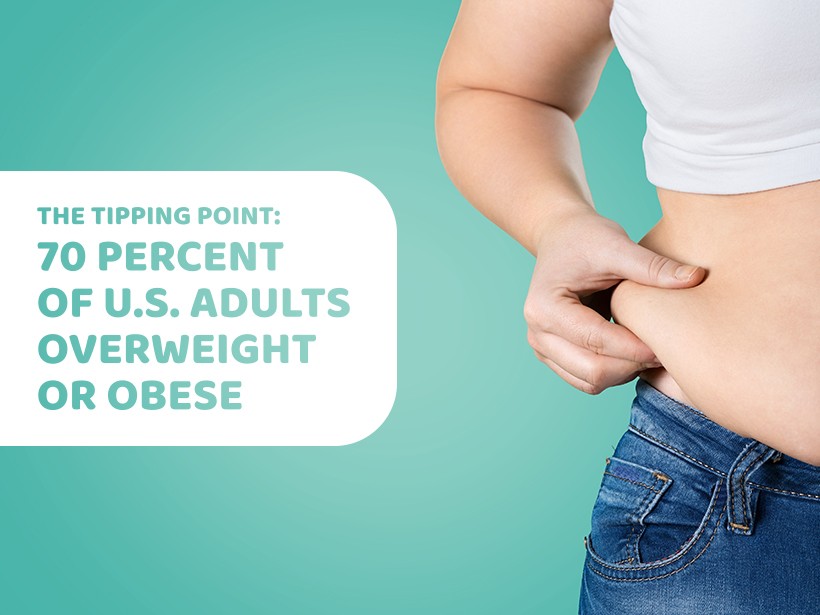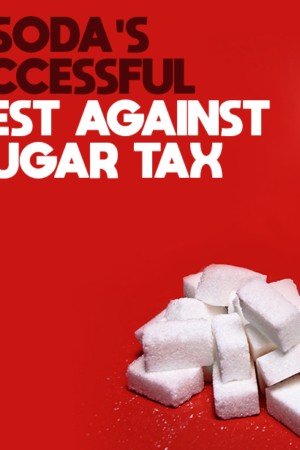A recent report from the Center for Disease Control and Prevention offers shocking insight into the reality of our nation’s health situation. The most damning statistic is also the most important one: Over 70 percent of American adults age 20 and over are overweight. Of that figure, 37 percent are obese.1 Of course, this isn’t the only horrifying number. Childhood obesity, too, is on the rise, at about 17 percent nationwide.2
Much has been written on Tasteaholics about the U.S. epidemic of obesity and the recent local efforts, in cities from Philadelphia to Oakland, to curb its snowballing growth with taxes on sodas and sugar. The latest struggles of soda and cereal companies, among others, suggest that Americans have begun to slow their ever-increasing per capita sugar consumption of recent decades. If it’s true then, that at the pace of a snail we are attempting to ditch sugar, what’s the cause? What is prompting the U.S. public to turn a new page, and sparking these local efforts to ward off Coke and Pepsi and the like? Recourse to statistics offers one possible explanation: necessity.
Terrifying and Unsustainable
The significance of these statistics is that they suggest a situation that is first of all unsustainable, and second of all can hardly get worse. If the United States government and general public are now appearing to devote newfound energy to the problem of obesity, it is because we have reached an absolute tipping point. Considering the CDC report, it seems clear that the problem has reached its peak and is drawing attention because of the catastrophic consequences it so clearly suggests and has already begun to cause.
A National Concern
What consequences? Obesity is the second leading cause of premature death in the U.S., directly correlated with heart disease, stroke, high blood pressure, and some forms of cancer. One study found that life expectancy for an obese person is 14 years less than for someone with a healthy body weight.3 And while the rates of overweight and obese Americans vary drastically from state to state, the problem remains one of national significance that transcends local diets and exercise norms.
It is not a matter of Southern biscuits versus New Jersey pizza, but a much larger indictment of our reliance on processed foods, misleading federal dietary guidelines, and of course the obscene amounts of sugar in our diets. Surmounting this crisis will take a consolidated effort on all fronts, beginning with harsher regulation of the food industry.
NUTRITIONAL DISCLAIMER
The content on this website should not be taken as medical advice and you should ALWAYS consult with your doctor before starting any diet or exercise program. We provide nutritional data for our recipes as a courtesy to our readers. We use Total Keto Diet app software to calculate the nutrition and we remove fiber and sugar alcohols, like erythritol, from the total carbohydrate count to get to the net carb count, as they do not affect your blood glucose levels. You should independently calculate nutritional information on your own and not rely on our data. The website or content herein is not intended to cure, prevent, diagnose or treat any disease. This website shall not be liable for adverse reactions or any other outcome resulting from the use of recipes or recommendations on the Website or actions you take as a result. Any action you take is strictly at your own risk.
- For Keto, the Everyday Research Says it All - March 6, 2019
- Huge Harvard Study Backs Up the Wide-Ranging Benefits of a Low-Carb Diet - February 25, 2019
- Experts Convene for Keto Conference - July 30, 2018




